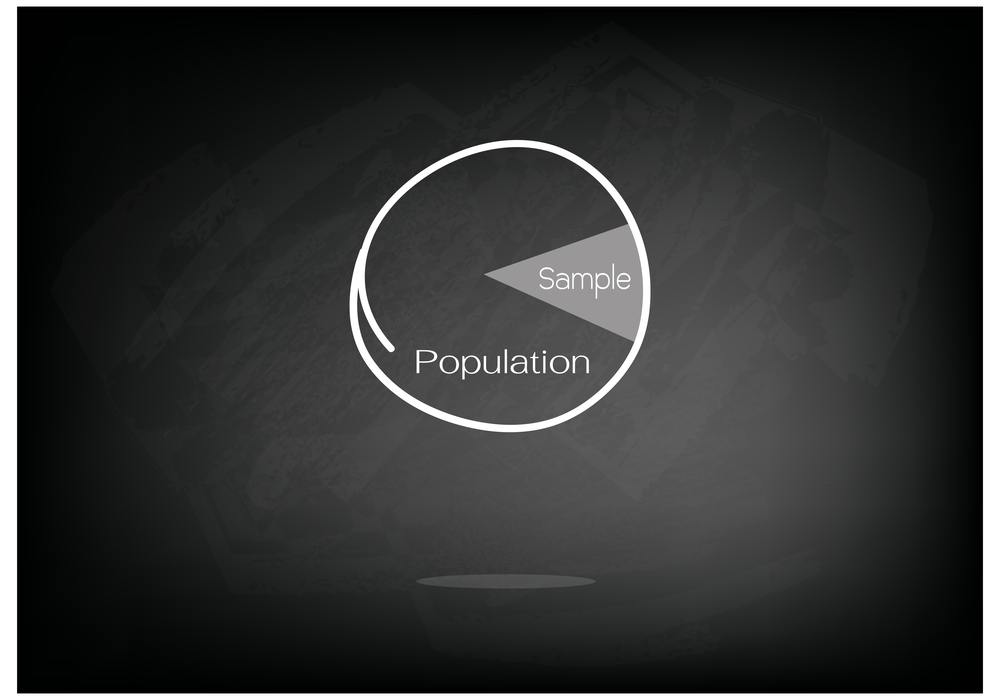What is Business Analytics?
Business Analytics is a process that helps using historical data to gain new insights and make smarter decisions for the business. It is a way to bring innovations and use industry best practices to meet the business’s goals. Nowadays, organizations are using Business Analytics for marketing practices for leveraging competitive advantage and bringing growth to the business.
Importance and Use of Business Analytics in marketing
The importance of business analytics in marketing can be understood by a Forrester study. In this study, it was found that 44% of B2C marketers use big data and analytics to improve responsiveness to 36%. For marketing professionals, it means more opportunities for growth, highly targeted campaigns, eliminating pain points, etc.
Business Analytics has been able to bring a desirable change in the marketing and sales department of the organizations. There are not one but several benefits of using Business analytics in marketing. In this blog, we will go through the changes that empowered the marketing functions of the businesses over time. The points given below shows how business analytics can be used in marketing:
1. Efficient Use of Marketing Spends
According to a survey by McKinsey and Company, 15-20% of a company’s marketing spend can be freed up with an integrated analytics approach. Advanced analytical approaches such as marketing mix modeling can determine spend effectiveness per channel.
As an approach, it can also statistically link marketing investments to drivers of sales, including external factors like promotional and competitor tasks. It can also effectively highlight the differences between online, offline, and social media interactions. Statistical modeling, regression techniques, and algorithms can help accurately determine the online touchpoint that led to conversion instead of the traditional last/first click methods. McKinsey estimated reinvesting as much as $200 billion worldwide to other areas by optimizing marketing spends with analytics.
There are signs that let you know that your marketing budgets are not appropriately optimized. These signs include inefficient advertising campaigns, budgets drained on PPC, the cost to the wrong channels, and many more. Business Analytics gets your expenses into control by finding out exactly what you are spending much and calculating the return on ad spend (ROAS) for each campaign.
2. Analyze audience segments, and other data
Deep data analysis with the help of Business Analytics helps in getting hidden insights. The marketing professionals can collect all the data and secure it in one place to merge the data. They also perform Segmentation with the data using cohort analysis and funnel-based Segmentation.
In addition to this, marketers can check the efficiency of the keywords and landing pages based on customer behavior and information. Find the keywords or landing pages that result in the decrease of ROAS and the reasons. This way, find out the most efficient models that improve the advertising campaign management and drop the ones that do not work anymore.
As per a survey conducted on a US insurance company, big data has increased its marketing productivity by more than 15 percent every year. The company further reported that with the help of Analytics, they could make better business decisions and keep efficient market spend.
You can also make better business decisions and keep a optimal market spend with the help of these free insurance analytics courses.
Also Read: Step by Step Guide to Becoming a Data Analyst
3. Measuring Marketing ROI Confidently
Marketing has always been an expense center for the company, but now, companies can predict the ROI of all marketing activities. Even if yours is not a data-driven company like Google or Amazon, with better predictive and optimizing abilities, more ROI can be generated in the marketing space.
Personalizing customer experience has been a top priority for all marketing teams across companies offering services or products. Using analytics to do that is a sure-shot way of bringing down the acquisition cost while maintaining a relationship with them with consistent engagement across channels. Customer Value Analytics (CVA) based on Big Data Analytics provides Omnichannel customer experiences across channels.
Learning online marketing analytics will help you understand how to use data to improve your marketing campaigns and ROI.
4. Understanding Customer Behaviour
Targeting the right customer and reaching them at the right time with the right message is key to making sound marketing decisions. Analytics has enabled marketers to analyze customer behavior and buying patterns, predict their purchases, personalize their experience, better understand their future needs, optimize pricing for higher sales, etc. In addition, big data analytics is enabling businesses to provide a consistent customer experience across all channels instead of focusing on the top few.
5. Enhancing Customer Experience
Personalized targeting through analysis is helping marketers cut acquisition costs while still maintaining a relationship with the customer. Research shows that personalization can deliver five to eight times the ROI on marketing spend and lift sales 10 percent or more. With the effective use of analytics, marketers can plan highly targeted campaigns making offers more personalized. What seems like a natural progression to customers is actually analytics in the background.
The biggest example is how e-commerce websites show customers related products and make suggestions based on customer personas that they build based on their interests and history.
6. Reinventing Content Marketing
58 percent of survey respondents (Spencer Stuart survey of 171 US-based marketing executives) revealed it is the areas of digital marketing — search engine optimization (SEO) and marketing, email marketing, and mobile, where big data is having the largest impact on their marketing programs today.
Analytics is helping content marketers create content according to their target audience’s interests, socioeconomic profiles, and other factors. Analyzing content primarily helps bring more traffic to a website that can turn it into a lead generation engine and subsequent higher conversions. Brand awareness and recall is another significant area where content marketers are leveraging analytics.
7. Data Analytics and E-Commerce
Data Analytics definitely improves marketing and gives a tremendous boost to how customers shop online. It helps determine the devices used by the customers in online shopping, time spent on these devices, and the customers’ positive experiences.
Data Analytics also helps in deriving insights on how consumers use social media to interact with the business. E.g., a brand might discover that many users are interacting through Facebook while the other company might find out that more traffic is generated through YouTube.
It also aids in knowing the products that are more popular on specific social media networks.
Also Read: Business Analyst Jobs 2021 Skills Required, Salary Trends & Roles
Why Business Analytics is important for Marketing and Sales professionals?
Today, when most organizations are using Business analytics for marketing, the marketers have to broaden their skill set to harness the importance of business analytics.
- The marketing and sales professionals need Business Analytics tools for the Segmentation of the customers and to determine where to use the resources.
Also Read: Top 7 Business Analytics Tools Used by Companies in 2021
- Business Analytics is important for analyzing the competition in the market to determine the areas of improvement and develop strategies to face the high competition in the market.
- Sales professionals use business analytics to analyze the sales pipeline; detect any loopholes in the sale process, and raise sales performance.
- Marketers use Business Analytics to analyze marketing campaigns and study consumer trends for responding well to the needs and demands of the consumer.
Also Read: How to Make Business Analyst Resume or CV
The applications of business analytics in marketing are endless. However, all of this means nothing if marketers lack the right talent or training to leverage big data and analytics to their advantage.
As more and more organizations use analytics for marketing, marketers need to upskill to learn business analytics to turn their careers around.
Read Great Lakes alumnus Manaspreet Kaur’s story to find out how she transitioned to Marketing Research, Gartner by learning and applying business analytics.
Learn Business Analytics with one of the best business analytics courses in India. Enroll now for the PG program in Data Science and Business Analytics, a certificate program in business analytics. The program will let you upskill your career and let you stand out in the industry.
Also Read:
Business analytics career: Everything you need to know
Top 8 Reasons Why Data Science Jobs Are in Demand









